How Nature Affects Our Lives
Nature WorldWide June 29, 2024 0How nature affects our lives in ways we don’t always realize. From the air we breathe to the food we eat, nature provides us with the resources that sustain us. In addition to these basic needs, nature also provides us with beauty, inspiration, and opportunities for recreation and reflection. Here we’ll explore some of the ways How Nature Affects Our Lives.
Health And Fitness
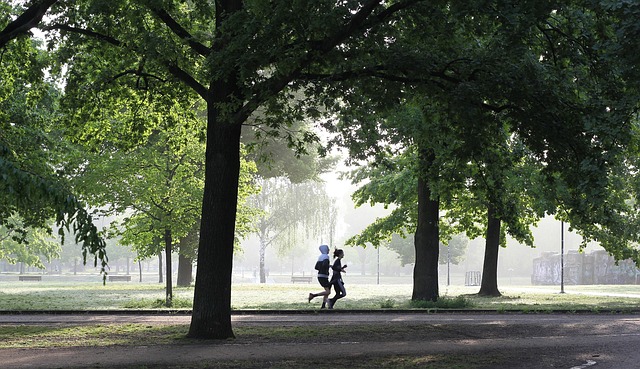
Nature has a significant impact on our physical and Mental Health. Exposure to green spaces is linked to a range of health benefits, including reduced stress levels, improved mood, and increased physical activity. Studies have shown that spending time in nature can help lower blood pressure, reduce the risk of heart disease, and boost the immune system. In addition, being in a natural environment has a positive effect on mental health, with research indicating that it may reduce symptoms of anxiety.
Read More: Therapy in Nature: 8 Mental Health Benefits of Nature Exposure
Food And Agriculture
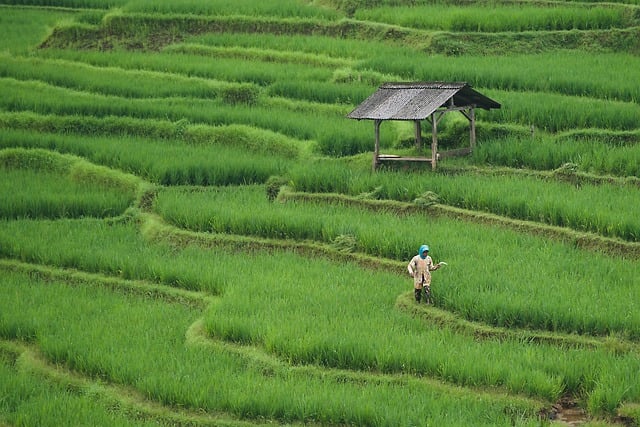
Nature is the source of our Food and Agriculture, and plays a vital role in ensuring that we have enough to eat. Our food comes from plants and animals that depend on nature for survival. Without nature, we would not have the soil, water, and other resources needed to grow crops and raise animals. In addition, nature provides us with a wide variety of foods, from fruits and vegetables to grains and meat, on which we depend.
Economic Benefits
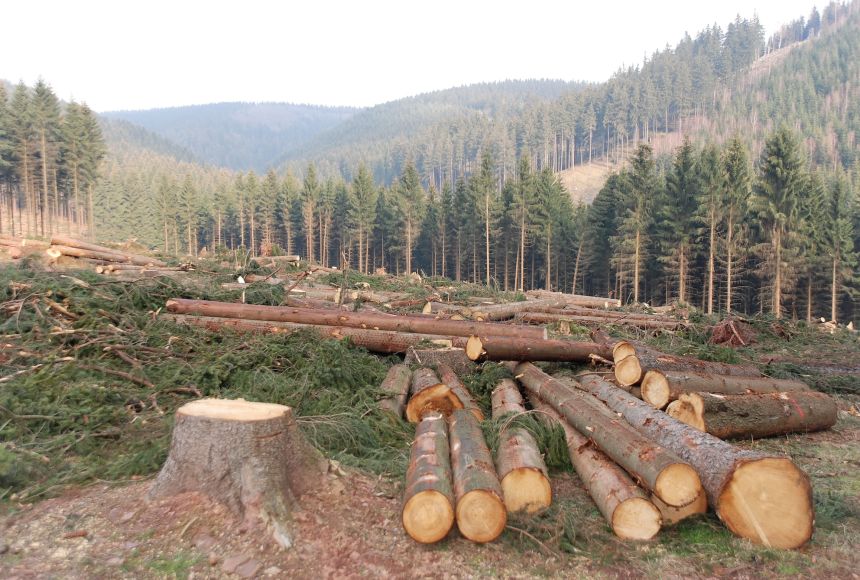
Nature also has significant Economic Benefits. Many industries depend on nature for raw materials such as wood, minerals, and fossil fuels. In addition, nature provides us with tourism opportunities, such as national parks and wildlife reserves, which generate significant revenue and create jobs. According to the World Travel and Tourism Council, nature-based tourism accounts for about 20% of global tourism revenue.
Read More: How Does Nature Impact Our Wellbeing
Climate Regulation
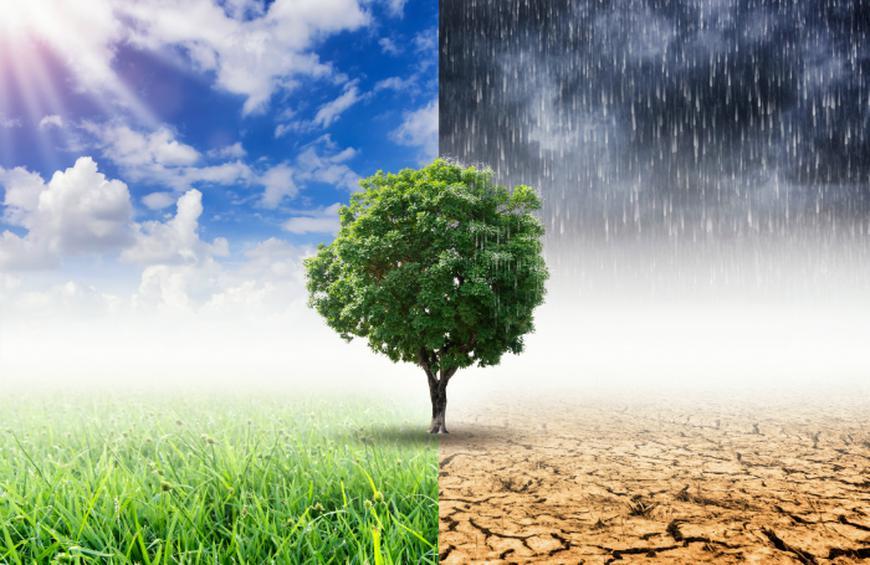
Nature plays a vital role in regulating the Earth’s Climate. Trees and other vegetation absorb carbon dioxide from the atmosphere, helping to mitigate the effects of climate change. In addition, wetlands, forests, and other natural ecosystems help regulate the water cycle, reducing the risk of floods and droughts.
Read More: How Can We Live A Better Life With The Help Of Nature
Biodiversity
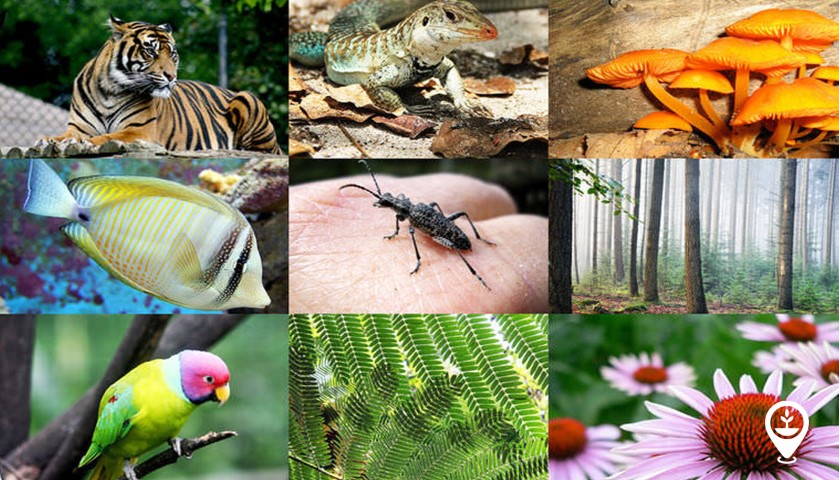
Nature is home to a rich diversity of species, many of which have yet to be discovered. Biodiversity is important not only for its intrinsic value, but also because it provides us with a wide range of ecosystem services such as pollination, pest control, and nutrient cycling. In addition, biodiversity has significant economic value, with many industries dependent on natural resources and ecosystem services for their survival.
Read More: 10 Human Problems That Only Nature Can Solve
Inspiration And Creativity

Nature has long been a source of inspiration and creativity for artists, writers, and musicians. From the majestic landscapes of the natural world to the intricate patterns of plant and animal life, nature provides us with endless opportunities for inspiration and reflection. In addition, spending time in nature has been shown to enhance creativity and cognitive function.
Recreation And Leisure Activities

Nature provides us with numerous opportunities for recreation and relaxation. There are countless ways to enjoy the great outdoors, from hiking and camping to fishing and bird watching. In addition, spending time in nature has a variety of health benefits, from reducing stress levels to improving cognitive function.
Read More: Top 10 Nature-Friendly Countries in the World
Spiritual And Cultural Significance

Nature also has important Spiritual and Cultural Significance for many people. From indigenous peoples who see themselves as part of the natural world, to religious traditions that see nature as a reflection of the divine, nature plays an important role in shaping our spiritual and cultural beliefs. In addition, many cultural practices and traditions are rooted in our relationship with the natural world, from the harvesting of crops to the celebration of seasonal cycles.




